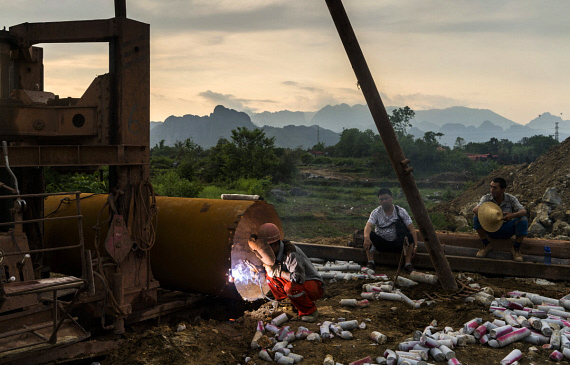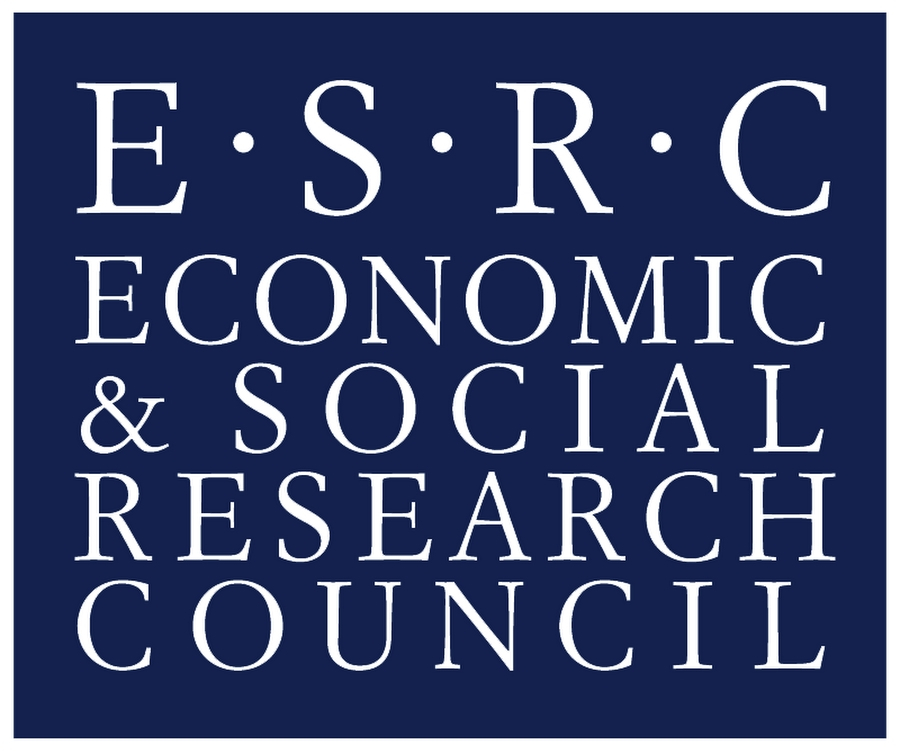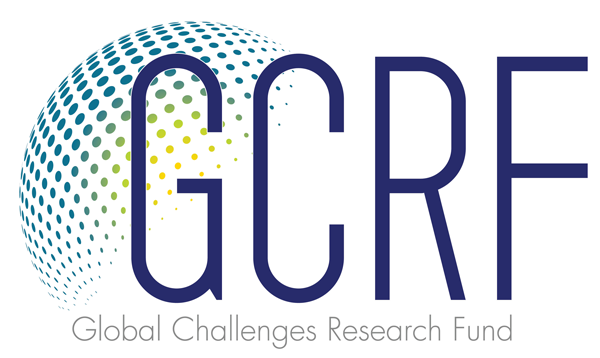
This week in a guest post, Bruno Martorano and Marco Sanfilippo consider the tension between Asia’s economic growth miracle and rising inequality in the region.
Due to rapid globalization and diffusion of new technologies most Asian countries have experienced changes in their economic structures. Over the last decade, output growth has consistently exceeded employment, and productivity outgrew wages (especially outside China).
While structural change facilitated catch-up with advanced economies and contributed to unprecedented improvement in living standards and poverty reduction, it also affects the demand of skilled workers relative to less skilled ones, affecting inequality. The same drivers of Asia’s world-beating growth, i.e. technological change, globalization, and market-oriented reforms, also exacerbated inequality.
Recent work on the empirical nexus between productivity growth and inequality on a group of Asian countries (Martorano, Park and Sanfilippo, 2016) provides new and policy-relevant analysis.
Using data finely disaggregated at the industry levels, it shows that the process of economic transformation has contributed to a widening of wage gaps in the region by increasing the relative share of high-skilled workers’ compensation. This is due to both (1) a shift towards more productive – and more intensive in the use of skilled workforce – activities and (2) capital deepening.
But while such a pattern is difficult to reverse since it is linked to the process of economic development, the experience of Asia shows that selective policy interventions can partly offset the negative effect of structural changes on inequality. Investment in human capital, by increasing the supply of high-skilled workers played a key role.
Education policies in Korea and Taiwan managed to match the evolution of their economic structures over time. Also, prudent macroeconomic management contributed to reduce the pressure of structural change on wage distribution. For example, a stable and competitive exchange rate protected the export oriented manufacturing sector while promoting specialization in labour-intensive activities.
Bruno Martorano and Marco Sanfilippo
Bruno Martorano holds a PhD in Development Economics from the University of Florence. He is currently a Postdoctoral researcher at the Institute of Development Studies and a Research Associate at Consortium pour la recherche économique et sociale (CRES) in Dakar, Sénégal.
Marco Sanfilippo holds a Phd in Development Economics from the University of Florence, and is currently an Associate Professor of Political Economy at the University of Bari, a Visiting Professor in Globalisation and Development at the Institute of Development Policy and Management, University of Antwerp, and an Associate Fellow at the Italian Institute of International Affairs (IAI).
Here is the ungated working paper version of the article.

